Theme Keynote Speakers
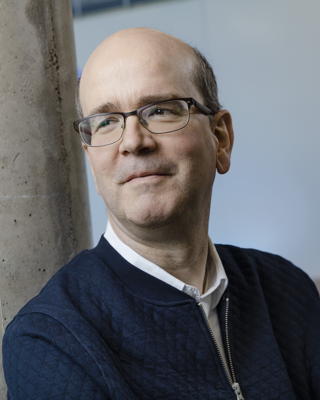
Mark van Gils
Theme Keynote | Theme 1: Biomedical Signal Processing
Mark van Gils is Professor of Digital Healthcare, leading the research group Decision Support for Health, at the Faculty of Medicine and Health Technology at Tampere University, Finland. His over 25-year long career in biomedical data analysis has included AI-driven patient monitoring research during the 1990’s at Eindhoven University of Technology, a wide scope of research and research leadership activities (including Research Professorship) in the area of digital health at VTT Technical Research Centre of Finland, and an Adjunct Professorship at Aalto University in Espoo, Finland. During his career, he has worked tightly with renowned hospitals and health tech companies, and he has obtained extensive experience in coordinating multi-disciplinary international research projects. His professional interests are in data-driven decision support for health and wellbeing, with special attention to addressing real-life challenges such as imperfect data, heterogeneity of data sources and ambiguity in targets. He has co-authored over 150 research papers. Through his work, Mark is contributing to a future where the emphasis of healthcare is moving from disease treatment to prevention. Ultimately, he finds sharing the joy of discovery with highly skilled experts to be the best part of it all.
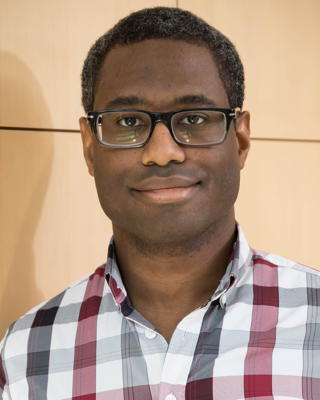
David Van Valen
Theme Keynote | Theme 2: Biomedical Imaging and Image Processing
David Van Valen PhD is faculty in the Division of Biology and Bioengineering at Caltech. His research group’s long-term interest is to develop a quantitative understanding of how living systems process, store, and transfer information, and to unravel how this information processing is perturbed in human disease states. To that end, his group leverages and pioneers the latest advances in imaging, genomics, and machine learning to produce quantitative measurements with single-cell resolution as well as predictive models of living systems. Prior to joining the faculty, he studied mathematics (BS 2003) and physics (BS 2003) at the Massachusetts Institute of Technology, applied physics (PhD 2011) at Caltech, and medicine at the David Geffen School of Medicine at UCLA (MD 2013).
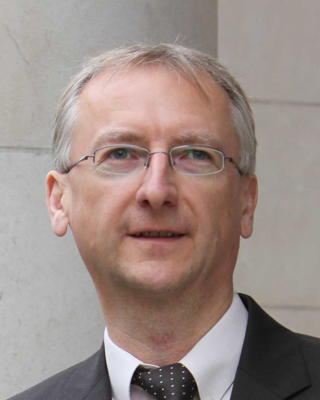
Walter Kolch
Theme Keynote | Theme 4: Computational Systems, Modeling and Simulation in Medicine, Multiscale Modeling & Synthetic Biology
Walter Kolch is Director of Systems Biology Ireland (https://www.ucd.ie/sbi/) and the Precision Oncology Ireland Consortium (https://www.
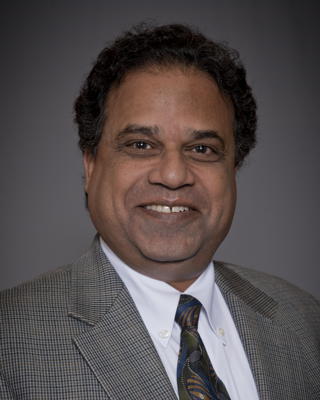
Sanjeev Shroff
Theme Keynote | Theme 5: Cardiovascular and Respiratory Systems Engineering
Dr. Sanjeev Shroff is the Distinguished Professor of and Gerald E. McGinnis Chair in Bioengineering and Professor of Medicine at the University of Pittsburgh. Prior to joining the University of Pittsburgh in April 2000, Dr. Shroff was a faculty member at the University of Chicago for 17 years in the Department of Medicine (Cardiology Section). Trained as an electrical engineer (B.Tech., Indian Institute of Technology, Kanpur, India and M.Eng., McMaster University, Canada), Dr. Shroff obtained his doctoral degree in Bioengineering from the University of Pennsylvania. Dr. Shroff’s research is in the cardiovascular arena, with the following focus areas: (1) Relationships between left ventricular mechano-energetic function and underlying cellular processes, with a special emphasis on contractile and regulatory proteins and post-translational regulation of cardiac contraction (e.g., via phosphorylation or acetylation). (2) The role of pulsatile arterial load (vascular stiffness in particular) in cardiovascular function. One of the hypotheses being investigated is that aberrant vascular stiffness changes are involved in the genesis of certain cardiovascular pathologies (e.g., preeclampsia, isolated systolic hypertension in elderly). (3) Cardiovascular actions of relaxin and its therapeutic potential in the context of three pathologies: (i) relaxin-induced maternal vascular remodeling and associated functional benefits in preeclampsia, (ii) relaxin-induced left atrial remodeling and suppression of atrial fibrillation, and (iii) relaxin-induced left ventricular remodeling and associated functional benefits in the setting of diastolic dysfunction. (4) The role of regional contraction dyssynchrony in global ventricular mechanics and energetics. (5) Development of novel, physiology-based cardiovascular monitoring technologies. In addition to basic and translational research, Dr. Shroff and colleagues have developed and continue to develop novel, simulation-based material (i.e., mathematical models of biological systems and associated “virtual experiments”) for education and engineering design. Dr. Shroff’s research efforts have been supported by numerous grants from NIH (continuous funding since 1986), AHA, NSF, and industry sources. He was the recipient of the Established Investigator Award from the AHA (1986-1991) and was elected as a Fellow of the American Physiological Society (1988), Fellow of the American Institute for Medical and Biological Engineering (1999), Fellow of Biomedical Engineering Society (2007), and Fellow of International Academy of Medical and Biological Engineering (2020). Recognized by his colleagues and peers as a consummate teacher and mentor, Dr. Shroff received the Carnegie Science Center Award for Excellence (University Educator) in 2007, the Swanson School of Engineering’s Outstanding Educator Award in 2010, and University of Pittsburgh Chancellor’s Distinguished Teaching Award in 2011. He has mentored thirty-six trainees so far (15 post-doctoral and 21 pre-doctoral), most of whom are pursuing independent research careers in academia or industry. Dr. Shroff has been serving as the Principal Investigator on a NIH-NHLBI pre-doctoral training grant (Cardiovascular Bioengineering Training Program) since 2005 and the Coulter Translational Research Partnership II Program since 2013, and Co-Director on a NIH-NHLBI post-doctoral training grant (Training Program in Imaging Sciences in Translational Cardiovascular Research) since 2016.
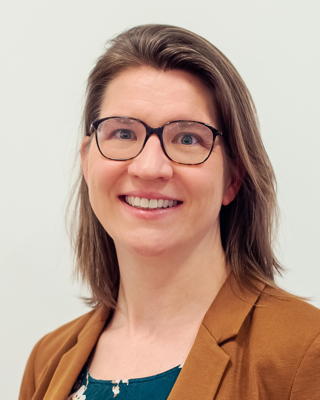
Marjolein van der Krogt
Theme Keynote | Theme 6: Neural and Rehabilitation Engineering
Marjolein van der Krogt is director of the Clinical Movement Analysis lab at the Amsterdam University Medical Centers in The Netherlands. She obtained a cum laude MSc degree in Human Movement Sciences and a PhD in Rehabilitation Medicine, focusing on musculoskeletal simulation of gait problems in children with cerebral palsy. During her postdoc period, she was a visiting scholar at Stanford University neuromuscular biomechanics lab. In her combined function as head of the clinical gait lab and senior researcher, she strives towards integrating research and clinical care. This translational research approach helps to perform truly patient-oriented research projects and improve health care directly by research outcomes. Her research line focuses on a better understanding of movement deviations and their underlying neural and musculoskeletal impairments in children and adults with neurological disorders. To this end, she developed and applied novel technologies including the use of patient-specific musculoskeletal modeling and computer simulations to obtain in-depth understanding of muscle function during gait. In close collaboration with industry, she was involved in the development of an interactive gait lab, which allows for real-time gait analysis, performed on a treadmill placed within a virtual reality environment. Exploiting these new opportunities, she performed several studies on the use of real-time feedback to improve walking performance in children with neurological disorders, and the use of mechanical perturbations to assess the role of spasticity during gait.
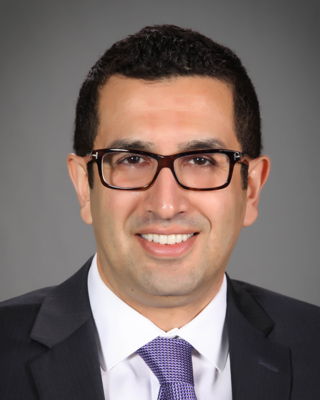
Roozbeh Jafari
Theme Keynote | Theme 7: Biomedical Sensors and Wearable Systems
Roozbeh Jafari (http://jafari.tamu.edu) is the Tim and Amy Leach Professor of Biomedical Engineering, Computer Science and Engineering and Electrical and Computer Engineering at Texas A&M University. He received his Ph.D. in Computer Science from UCLA and completed a postdoctoral fellowship at UC-Berkeley. His research interest lies in the area of wearable computer design and signal processing. He has raised more than $86M for research with $23M directed towards his lab. His research has been funded by the NSF, NIH, DoD (TATRC), DTRA, DIU, AFRL, AFOSR, DARPA, SRC and industry (Texas Instruments, Tektronix, Samsung & Telecom Italia). He has published over 200 papers in refereed journals and conferences. He has served as the general chair and technical program committee chair for several flagship conferences in the areas of wearable computers. Dr. Jafari is the recipient of the NSF CAREER award (2012), IEEE Real-Time & Embedded Technology & Applications Symposium best paper award (2011), Andrew P. Sage best transactions paper award (2014), ACM Transactions on Embedded Computing Systems best paper award (2019), and the outstanding engineering contribution award from the College of Engineering at Texas A&M (2019). He has been named Texas A&M Presidential Fellow (2019). He serves on the editorial board for the IEEE Transactions on Biomedical Circuits and Systems, IEEE Sensors Journal, IEEE Internet of Things Journal, IEEE Journal of Biomedical and Health Informatics, IEEE Open Journal of Engineering in Medicine and Biology and ACM Transactions on Computing for Healthcare. He is currently the chair of the IEEE Wearable Biomedical Sensors and Systems Technical Committee (elected) as well the IEEE Applied Signal Processing Technical Committee (elected). He serves on scientific panels for funding agencies frequently, served as a standing member of the NIH Biomedical Computing and Health Informatics (BCHI) study section (2017-2021), and is the inaugural chair of the NIH Clinical Informatics and Digital Health (CIDH) study section (2020-2022). He is a Fellow of the American Institute for Medical and Biological Engineering (AIMBE).
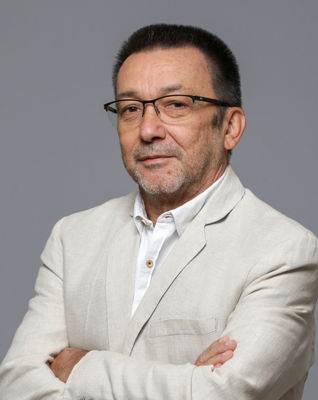
Ratko Magjarević
Theme Keynote | Theme 8: Biorobotics and Biomechanics
Ratko Magjarević graduated Electrical Engineering in 1982 and in 1988 he received his Master Degree. In 1994. he received his Ph.D. in the field of Electrical Engineering from the University of Zagreb. He spent his Academic career at the University of Zagreb, where he was elected to the position of full professor with tenure in the field of Electrical Engineering in 2011. His research interest is in biomedical engineering and health informatics, in particular, instrumentation for data acquisition, transmission and processing in health care and in developing technologies for personalization, prevention, monitoring and risk prediction in medicine and health care. Apart from Zagreb, he has been teaching at the universities of Trieste, Ljubljana and Bogota, Colombia for many years. During the academic year 2005-06, he resides at the Institute for Biomedical Engineering, University of Stuttgart, Germany. Already in 2002-04 he was one of the experts on the European Commission project “Chartography of Medical and Biological Engineering in Europe” and later on the European projects FP6, FP7, Horizon 2020, TEMPUS and COST projects. He has been the leader of bilateral scientific projects with partners in Slovenia, Italy, the United Kingdom, Macedonia, Hungary, France and Colombia. He has led an R&D project under IRI scheme and a number of other research and professional projects. He has published more than 80 papers in journals and conference proceedings, several editorial books, several book chapters and encyclopedia citations, and has delivered more than twenty invited lectures at major international conferences. Professor Magjarević is an official and a member of several international and national scientific and professional organizations. In the International Federation of Medical and Biological Engineering (IFMBE), he was twice elected for a three-year term of office as the President: 2012-15 and 2022 – 25. In 2014, he received the FER Golden Plaque “Josip Loncar” for his contribution to the teaching and development of biomedical engineering, as well as the recognition of the Senate of the Republic of Colombia for his global contribution to the development of biomedical engineering. In 2013, he was elected Honorary Senator of the University of Ljubljana. In 2020, he was proclaimed IUPESM Inaugural Fellow.
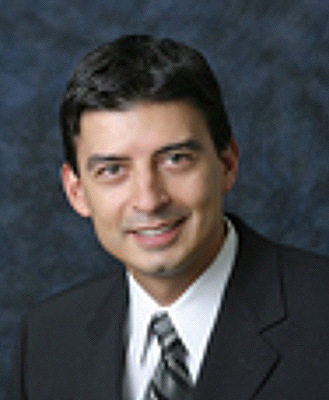
Theodore Papagiannis
Theme Keynote | Theme 9: Therapeutic & Diagnostic Systems and Technologies
Theodore Papagiannis is a partner at Knobbe Martens, an intellectual property (IP) boutique firm with offices in California, Washington DC, New York and Seattle. He advises companies on developing comprehensive intellectual property portfolios and strategies. Theodore has extensive experience in representing start-ups and other early stage medical device companies. He also conducts strategic IP evaluations on behalf of investors and other entities in connection with an investment round, acquisition or other ventures.
Theodore has extensive experience in strategically growing IP portfolios in the healthtech arena, including in the fields of spine and other orthopedics, injection systems, cardiac and cardiovascular technologies (e.g., for the treatment of atrial fibrillation and other arrhythmias, hypertension, etc.), denervation and neuromodulation, hypertension, tissue ablation, catheters, sheaths and other intravascular technologies and skin treatment. He also has experience with negotiating licenses and other agreements to enhance IP portfolios on behalf of clients.
Theodore has served as a member of the board of directors of Sustain SoCal, an organization that accelerates sustainability in Southern California through innovation, collaboration and education. He has unique technical and IP experience in clean technologies, including water and wastewater treatment, recycling and waste management, lighting, clean energy and the like, and is Chair of the firm’s Cleantech Practice Group.
Theodore has presented IP-related workshops and symposia at several recent EMBC meetings. Prior to beginning his legal career, Theodore worked as an engineer for nearly a decade. He is a licensed Professional Engineer in the State of California.
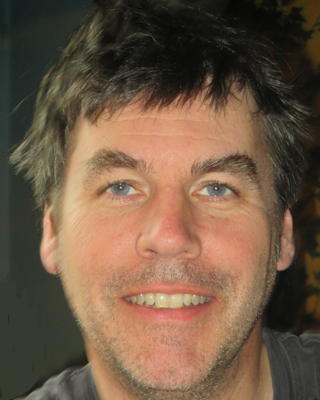
John Chelsom
Theme Keynote | Theme 10: Biomedical & Health Informatics
John Chelsom is Director of the Applied Health Informatics program at Fordham University, having worked for over 30 years in the field of Health Informatics. He qualified with a degree in Engineering Science from the University of Oxford and a PhD from City University of London, where he studied the application of artificial intelligence in medicine. He has been a Visiting Professor in Health Informatics at City University and is an Adjunct Assistant Professor at the University of Victoria, Canada. He is a consultant for the World Bank where he is an invited expert on Telemedicine, publishing a handbook for Rural Telemedicine in Ukraine. In the 1990’s he was heavily involved in the application of open standards for structured information in the publishing, automotive and healthcare sectors. He started a company which developed the first web-based Electronic Health Records (EHR) product deployed in the England’s National Health Service (NHS). This product went on to form the basis for the original Summary Care Record in England’s National Health Service, starting in 2004. As well as EHR systems, John was also responsible for developing the first online delivery of the BMJ’s Clinical Evidence product, the first XML editing system for the British National Formulary and was a proposer of the Open Document Format for Office Applications. In 2010, he started the Open Health Informatics research programme at City University of London. This research led to the development of the open source cityEHR – an ontology-based health records system, based on open standards, interfaces and development practices. cityEHR is now deployed as an operational EHR in several hospitals in England and is used for teaching students in health informatics.